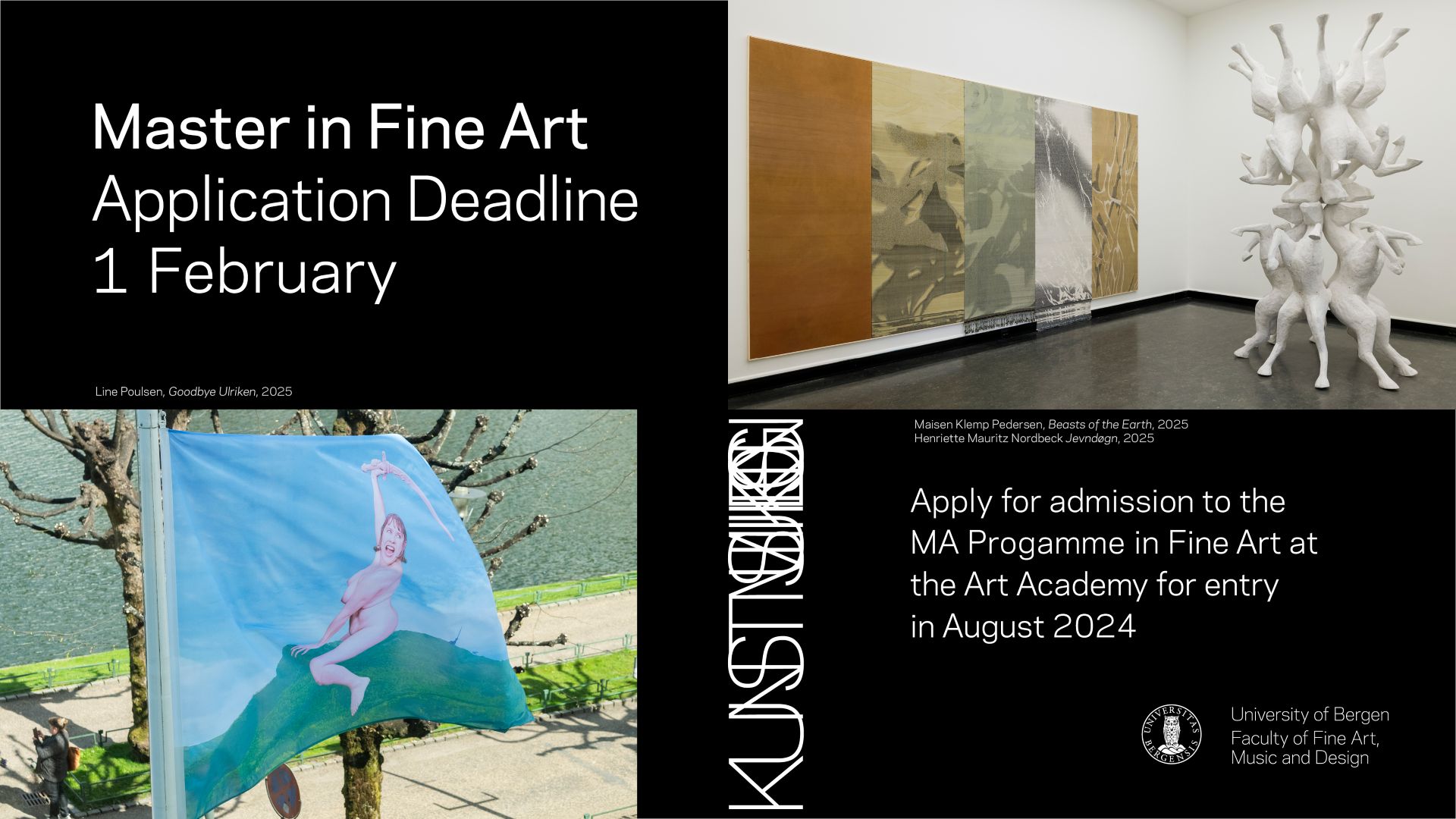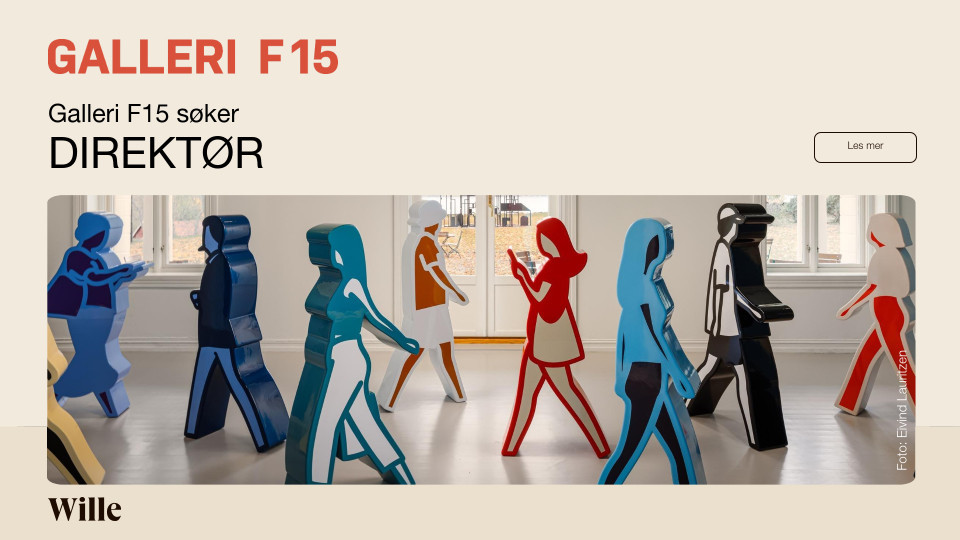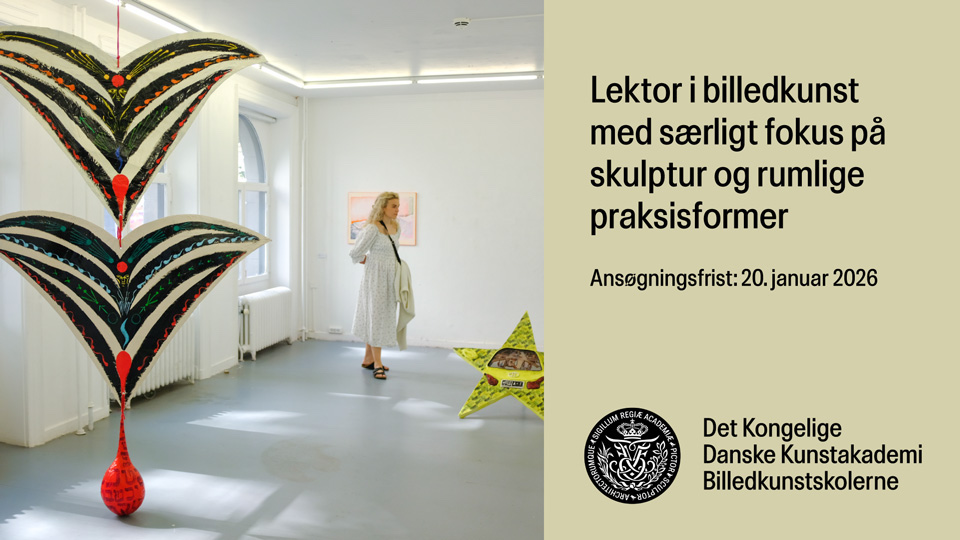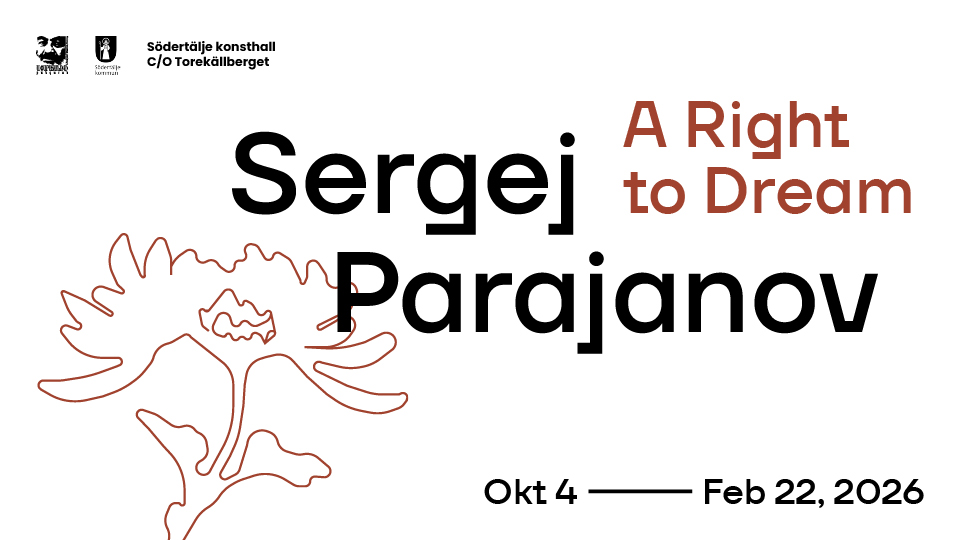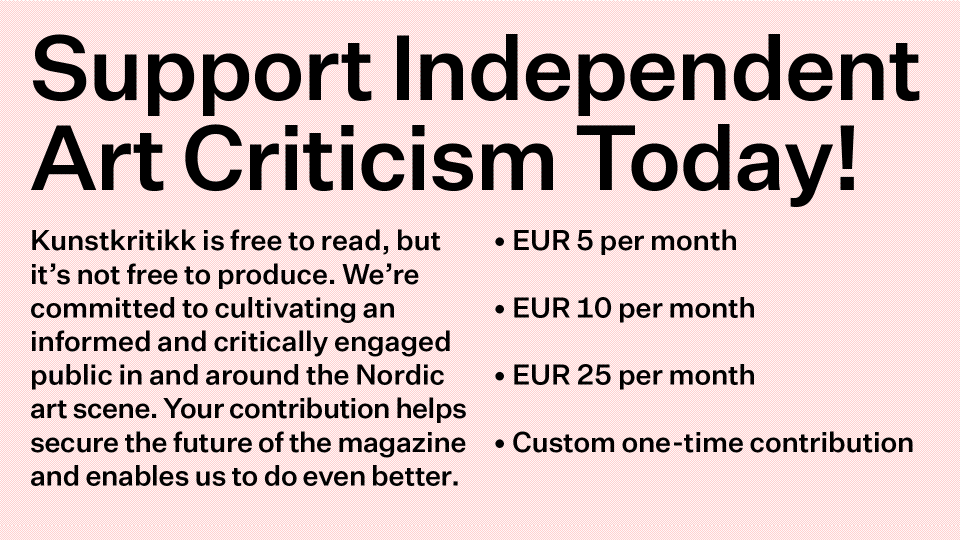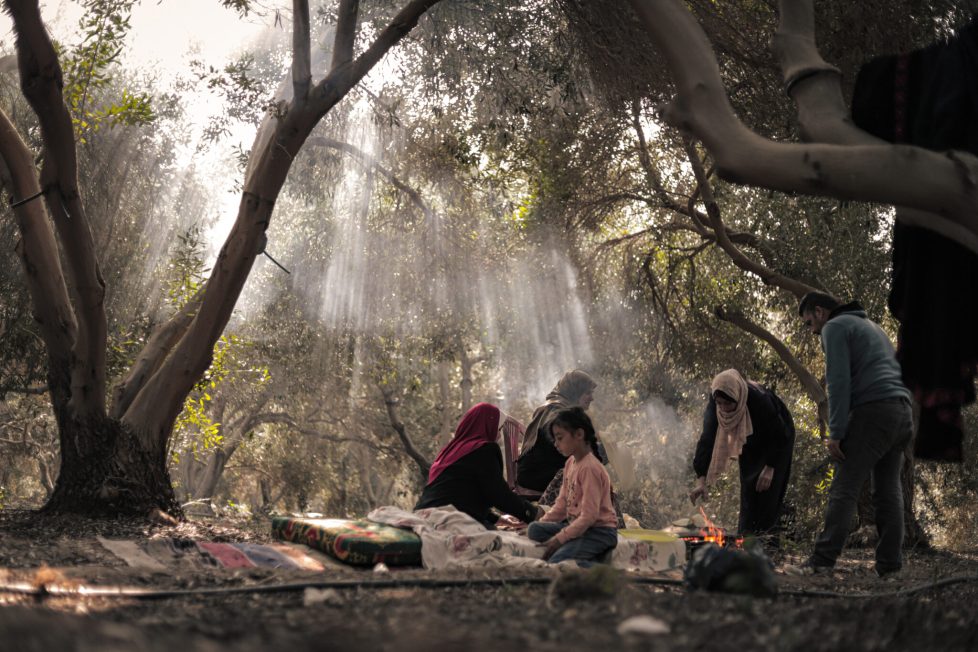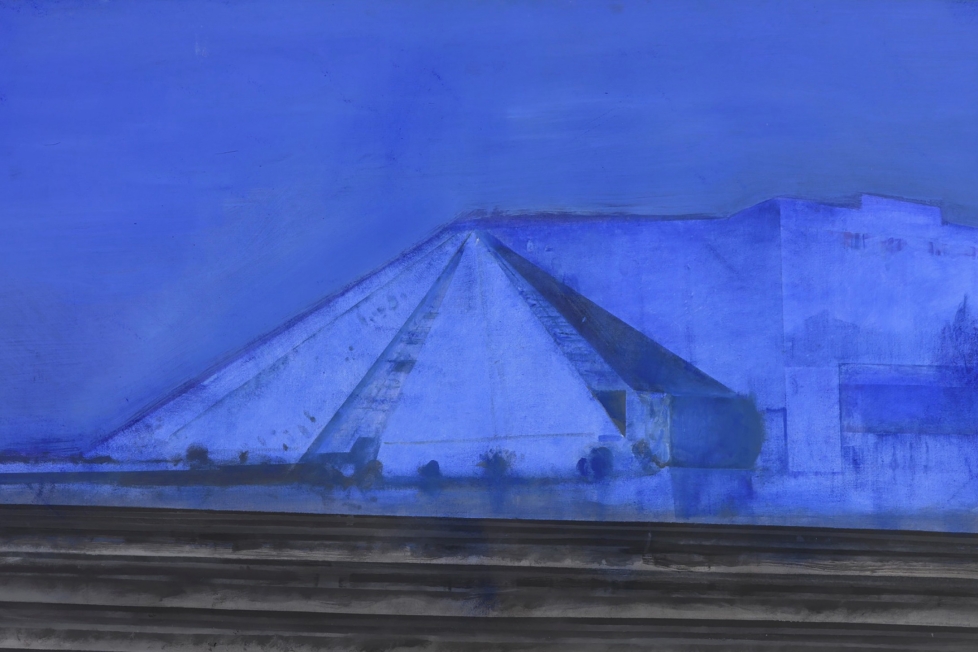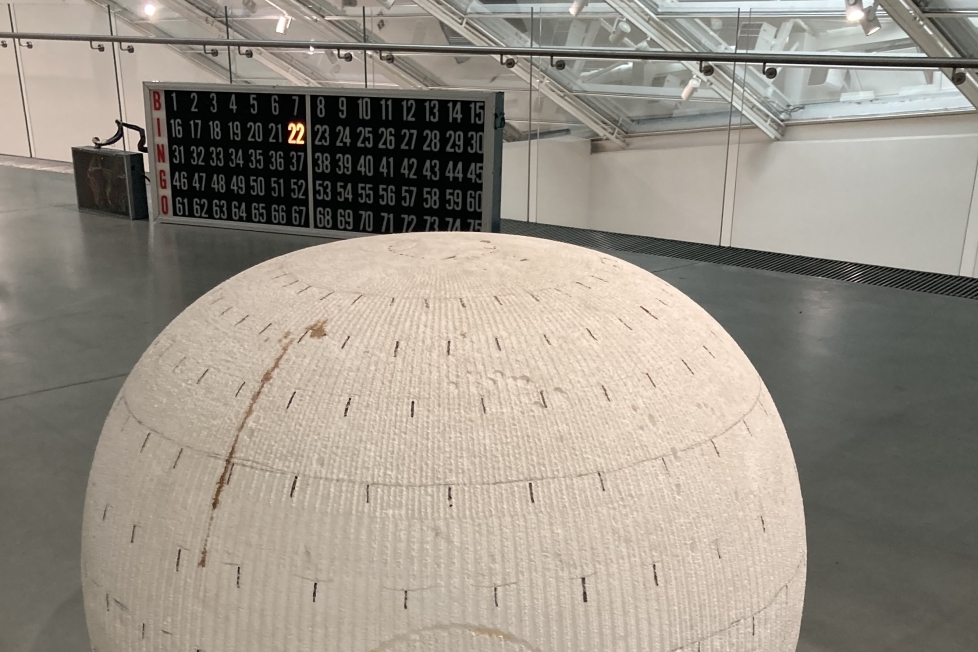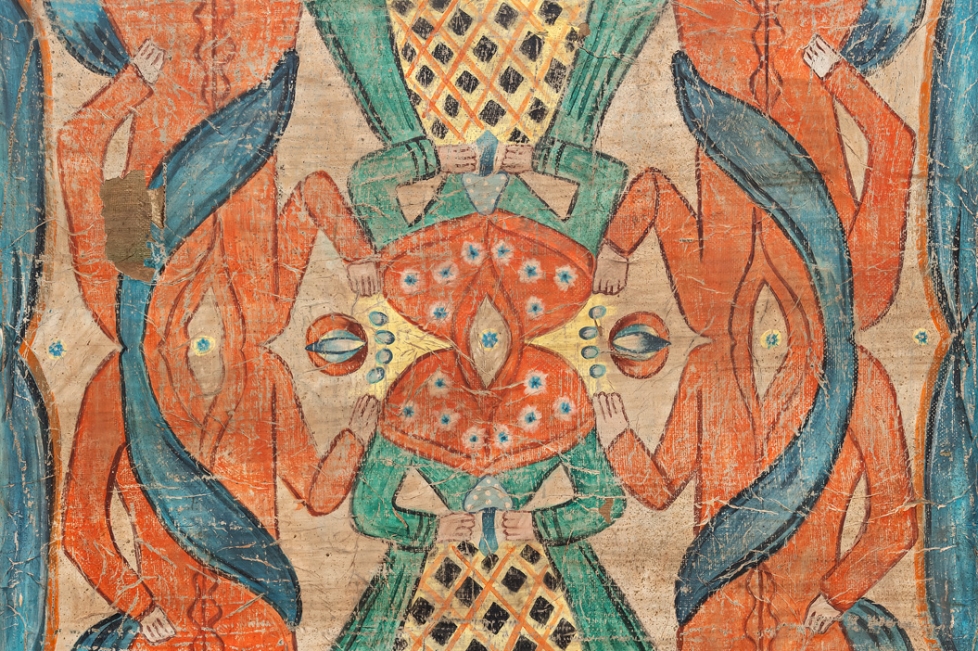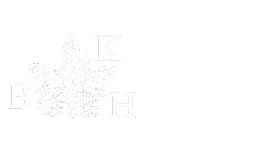
Up until a month ago, few people knew from personal experience what it means to live in isolation. Apart from a handful of polar scientists working at isolated Arctic research stations and explorers embarking on expeditions to the very few white spots left on the world map, almost none of us knew how we would respond if we had all our social ties severed and found ourselves alone with our own thoughts.
For Jakob Jakobsen, currently presenting the podcast Social crisis! Mental crisis!, the situation is not quite as alien as for most of us. Along with his co-host, British artist Sophie Carapetian, Jakobsen shares his experience of having been hospitalised with mental disorders, speaking about how isolation affects routines, one’s sense of time – and sense of normality.
Social crisis! Mental crisis! takes its point of departure in Jakobsen’s platform Hospital Prison University Archive, an artist-run exhibition venue and radio studio situated in the attic of the property where Jakobsen lives. Over the past three years, Jakobsen has used this venue to create exhibitions, events, and a number of podcasts based on collective research and the development of forms of resistance poised somewhere between visual art and activism.
In this sense, the Hospital Prison University Archive shares certain traits with the project Det Fri Universitet (Copenhagen Free University), a self-organised university Jakobsen ran with artist Henriette Heise from 2001 to 2007. It too was housed inside the artists’ Copenhagen apartment and was based on a collective and experimental approach to knowledge sharing and research in an effort to curb the knowledge economy’s homogenisation of knowledge.
Prior to Det Fri Universitet, Jakobsen was instrumental in establishing the artist collective and journal Koncern in Copenhagen (1989–1993) and Info Centre in London (1998–1999), a hybrid between an exhibition venue, bookstore, and archive. Collective work is a recurring theme throughout his artistic practice, which also includes projects such as: Til forstyrrelse af samfundsordenen (To Disrupt Social Order), a protest against the adoption of the Danish Anti-Terrorism Act in 2008; tv-tv, a self-organised TV station active from 2005 to 2008; and Billed Politik (Picture Politics, 2010), a critical campaign against the representation of war in the media.
Last year, the scope of the Hospital Prison University Archive was expanded with the Hospital for Self Medication, a project focusing on an experimental approach to care and treatment – not only of mental illnesses, but of all kinds of illness that lack representation in the general healthcare system. The hospital is founded on a strong critique of capitalism that sees the normative order of society and the constant demands for productivity and optimisation as part of the problem, rather than the solution.
Taking his starting point in the experience accumulated in his hospital project and the associated radio station, Jakobsen reacted quickly to the situation in which we now find ourselves, where large sections of society have been closed down and most of us spend our time isolated in our own homes. Social crisis! Mental crisis! has a loose and agile format consisting of lightly edited Zoom conversations between Jakobsen, Carapetian, and invited guests, which means that the two artists can launch a new episode every week, following and responding to the current crisis and its developments.
As Jakob Jakobsen told Kunstkritikk via Zoom, one has to be careful about drawing conclusions and being overly action-oriented in the ways that the entire world of authority and administration wants us to be. Instead, he recommends that we keep an eye on the processes arising out of the crisis, observing them by means of the method used by artists and the mentally ill alike.
Your project «Social crisis! Mental crisis!» uses the format of talk radio, a dialogue between two voices over Zoom. Of course, this is a format that’s extremely well suited to our current conditions where the only experiences available to us are those conveyed through a screen. But you have used the medium before in your Hospital Prison University Radio. What is it about the podcast format that makes it suitable for sharing this kind of experience?
To my mind, radio is the best medium for conveying live speech and a sense of commitment; one which, in this particular case, is political. And this medium allows people to listen from anywhere, which is an added benefit at the moment. We can enter other people’s living rooms to share our reflections and thoughts.

At present, a huge number of experts are commenting on the ongoing crisis. The Danish Health Authority, the state and other authorities take up an incredible amount of media space right now, and their exercise of power is allowed to stand relatively unchallenged. Meanwhile, everyone else sits in isolation, each with their own Facebook feed, following the various presentations and interpretations of what is going on. To my mind, we need to see more criticism of how power is wielded, and we need to listen to other voices more.
Sophie Carapetian and I both know from personal experience what it’s like to be hospitalised with a diagnosis of being insane in one sense or another. We have already tried living in isolation during those periods when we have not been functional, and we believe that this experience might be useful to others in a broader social context right now. The podcast allows voices that rarely get heard to come to the surface. Lots of people speak of mental illness from the outside – doctors, psychiatrists, and other professionals – but it is rare to find those who have experienced the system as patients being given a voice.
In connection with the first episode of your podcast, you’ve compiled a list – ‘Mental Health Self Care Mutual Aid Notes’ – comprising eleven tips and pointers on how to tackle being in isolation. I have read other lists of this kind issued by authorities such as the Danish Health Authority or the Danish Psychological Association. Your list differs somewhat from their recommendations. Why is that?
In our first episode, we discussed all the advice being presented in the media right now and talked about what such a list would look like if we were to compile it. It represents a kind of unruly voice – a voice that is closer to the realm of desire and to a sense of disorder, counteracting all the sensible orderliness being imposed on us right now.
The state and the Danish Health Authority recommend living regularly and maintaining regular routines. We are told that even though the situation is highly abnormal, we should behave as if we are going to work. But it’s perfectly possible to imagine that our lives would be just fine without going to work, school, or university. Our advice goes against the grain of the recommendations of maintaining normality: sleep more, don’t look at the clock, and try to break away from some of the rhythms that mainstream capitalist society is trying to impose on you right now – at a time when they’re not even necessary.
In the second section, we discuss different strategies on how to live with the crisis and with being isolated. This also entails a criticism of the insistence that we always have to cope, that we must accept the situation and strive to live a normal life. We talk about our personal experiences of being medicated in order to normalise, and about how important it is to reach out and initiate conversations so that, together, we can become clearer on what we should and shouldn’t accept.
We have decided to launch a new episode every week so that the series becomes a kind of seismograph, reflecting where the situation is at right now. For me, having these conversations with Sophie has been a healthy and productive thing, and we emphasise the fact that simply producing the podcast is in itself a kind of survival strategy. You might say that there is something therapeutic about producing these podcasts. The conversation in itself helps to make the situation more bearable because it involves a collective reflection.
One of the items on the list you compiled after the first podcast is “Weaponise your illness.” What do you mean by that?
Being declared ill involves some form of resistance to the norm under which we live. The way I see it, illness is not a personal breakdown, but a breakdown in my relationship with my surroundings, the communities of which I am part, and also society in a broader sense. What happens in our current state of emergency is also a form of social collapse where we isolate ourselves and cannot be part of society in the usual way.
I believe that you can activate and use the state of being ill positively, moving away from seeing it as a negative, a form of deficit. The fact that you can no longer stand the status quo implies a critique and some possible reflections on how destructive our so-called competition state and society can be. There is a great deal of shame associated with illness, but you can also choose to see it as something active, as a struggle against normalcy and as an opportunity to think differently. But doing that takes strength.
It is time to rethink what kind of social relationships we will resume when we emerge from this shutdown. How, for example, should we work as visual artists in the future? There is a certain overlap between life as mentally ill and life as a visual artist: in many ways you don’t fit into the labour frameworks around which society is built, which means that you always have to construct your own life from scratch.
This is not to say that visual artists don’t get busy and overworked. At least I do, and it’s been a huge relief for me to find my schedule entirely freed up as a result of the shutdown. It also enabled us to respond to the situation the way we do with the podcast. I am fairly used to working in a self-organised manner, making do with whatever’s at hand, and that approach and those working conditions don’t just come to an end because a crisis – even of this magnitude – rears its head.
But at the same time, some of those who are hit the hardest by a crisis are the precariat?
That’s true too, but living in a state of uncertainty is familiar territory to me.
Life as an artist is precarious in itself, which is why I think many artists are better prepared for a crisis. Looking at my network, I don’t get the feeling that people are super concerned; rather, they get organised and share their bounty with those who are going short. Long before the crisis, many of us have sought to lead lives where you are not totally dependent on work, and where you don’t take it for granted that money will come in every month.
A critique of capitalism is a pervasive element of your podcast. One of the things you hear a lot among media commentators these days is the claim that in times of crisis, everyone becomes a socialist. What do you think about that?
That’s essentially an ideological claim made by the ruling class; you might call it socialism for the rich. In the US, we see that black people are overrepresented on the death lists, and I get the impression that the same is true here in Denmark; the poor and the vulnerable are first in line when death comes to visit. In Denmark, we know that the elderly are at particular risk of dying – those who stand outside the labour market and who have in many ways already been sidelined, shunted out of the realm of production. The way I see it, socialism means equality, and I think this virus helps to amplify the differences between the privileged and those who are not. To my mind, it is a form of neoliberalism or social Darwinism where the strongest survive.
With this shutdown, we as a society are currently conducting a huge social experiment. How do you think we will emerge from it all – as individuals and as an art world?
We live in extremely dynamic times, and the entire outlook may be completely different in just a week from now. That is why I think it’s important to remain open a little longer yet. Artists and the mentally ill both use a method where you look very carefully at processes, and I think it’s important to keep an eye on what is happening around us. You need to be careful about drawing conclusions and being overly action-oriented in the ways that the entire world of administration and authority wants you to be. I hope this breakdown will turn out to be a paradigm shift that causes us to revise our social relationships and think about whether we can work in different ways as visual artists – and in society in general.
I also think that we will have a different relationship with death going forward. Death will have moved in closer on us all, including at an administrative level, where we will discuss who and how many we will allow to die. This is a political issue that can be raised in relation to the coronavirus, but one which I hope we can also talk about in connection with, for example, climate and healthcare policies. I hope we realise just how deadly the capitalist society and lifestyle we have is, certainly for many of us. Artists have always worked with life and death, so here too we may find that the artists and the insane are the ones who can come up with relevant reflections.
– The article is translated from the Danish original.

